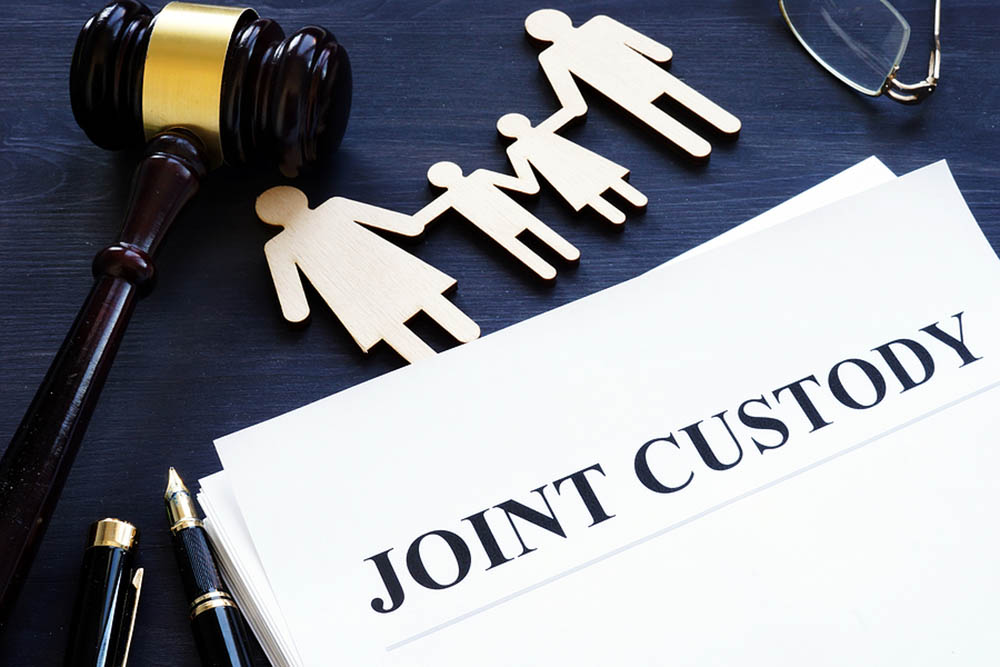What is a Protective Order in Texas?
A protective order in Texas can be granted when a judge determines that there is evident danger or violence against one or more parties. Violence can include sexual, physical, or threats of violence. Orders of protection generally are standard in domestic violence cases, divorces, or custody issues that prohibit contact with the victim and require the perpetrator to stop further physical abuse, any threats of abuse, initiating contact with you, your children, or other family members, and more.
Protective orders can also force the perpetrator to refrain from carrying a gun and even suspend their license to carry. Alleged abusers can also be required to stay a certain distance away from you, your children, your place of work, your home, your children’s school, and more.
Protective orders are a valuable tool in protecting victims who have suffered abuse and lessening the risks they may face after reporting the abuse. If the victim can provide clear proof of abuse, such as danger to their family due to violence, evidence of stalking or trafficking, or sexual assault, they can typically be granted a restraining order against the offender.
What is a Restraining Order?
A restraining order is an action ordered by a court prohibiting a person from taking specific steps. Restraining orders typically order an individual specifically in what they can and cannot do for a particular time. These orders are usually linked to civil cases, not criminal ones.
Temporary restraining orders are standard in divorce cases, as they prohibit one parent from actions such as unenrolling a child from school, moving the child out-of-state, disposing of property pertinent to the divorce, taking out loans, or withdrawing funds.
What Happens if You Violate a Protective Order?
Violating a protective order is a serious offense in Texas. If you are found guilty of violating a protective order, you may face up to one year in jail and up to $4,000 in fines. A violation is typically considered a Class A Misdemeanor. However, suppose you have previously been convicted of violations relative to the same issue. In that case, you may also be charged with a third-degree felony, resulting in a punishment of up to ten years in prison and up to $10,000 in fines.
Escalated fines and time in prison are set to inhibit the offender from multiple violations, further ensuring the safety of the abused. It is also essential to understand that you may be denied bail if you are in violation, which can lead to being in custody until a judge determines your punishment.
What Happens if You Violate a Restraining Order?
Violations typically won’t result in criminal charges on civil matters. However, a judge can require either party guilty of a violation of the restraining order to attend court proceedings so a judge can determine the punishment based on the violation. Additional restrictions may be ordered based on the violation, or monetary damages may be ordered.
What is an Emergency Protective Order?
An Emergency Protective Order (EPO) is issued after an arrest. The arrest can be related to family violence, including dating relationships, sexual assault, stalking, and more.
A peace officer, a judge, the prosecutor on a case, the alleged victim, or the guardian of an alleged victim can order an EPO.
EPOs prohibit further family violence, assault, stalking, or trafficking. They can also outlaw communication, threatening actions, or harassment of the alleged victim. Going near the victim’s place of employment, home, the child’s school or childcare facility, or possessing a firearm is also typically prohibited.
An EPO is typically instated for 31 to 61 days and can be extended for particular circumstances.
What is a Temporary Ex Parte Protective Order?
Temporary Ex Parte Protective Orders can be granted when there is an evident danger to a family or a person. They can also be granted to protect a child from immediate threats of abuse or neglect. These orders can include prohibiting the offender from returning to a residence and more.
A Temporary Ex Parte Protective Order typically lasts up to 20 days and can be extended for at least another 20 days, depending on circumstances.
It is important to note that “ex parte” refers to “from one party,” meaning that the offender doesn’t have to be made aware of the protective order in these cases, nor do they have a chance to argue the orders.
What is a Permanent Protective Order?
A permanent protective order sometimes called a final protective order, is typically enforced for up to two years. These orders involve the other party being present at the hearing and given the opportunity to argue their side of the situation before the order is in place. In some rare cases, a judge may decide to grant an order for more than two years.
How Can a Lawyer Assist Me?
Abuse is never ok, and we respect that it can inevitably invoke feelings of fear and anger. Several options are available to you, and you don’t have to face this situation alone. Consult an experienced and dedicated team such as ours to become a fierce advocate for you and your family.
We have over 20 years of experience and love supporting and protecting our clients. Let us be your strongest ally, and help you navigate this challenging time in your life so you can move forward.
Call us today at (254) 323-5506 for your friendly and confidential consultation.


 CALL US NOW
CALL US NOW











